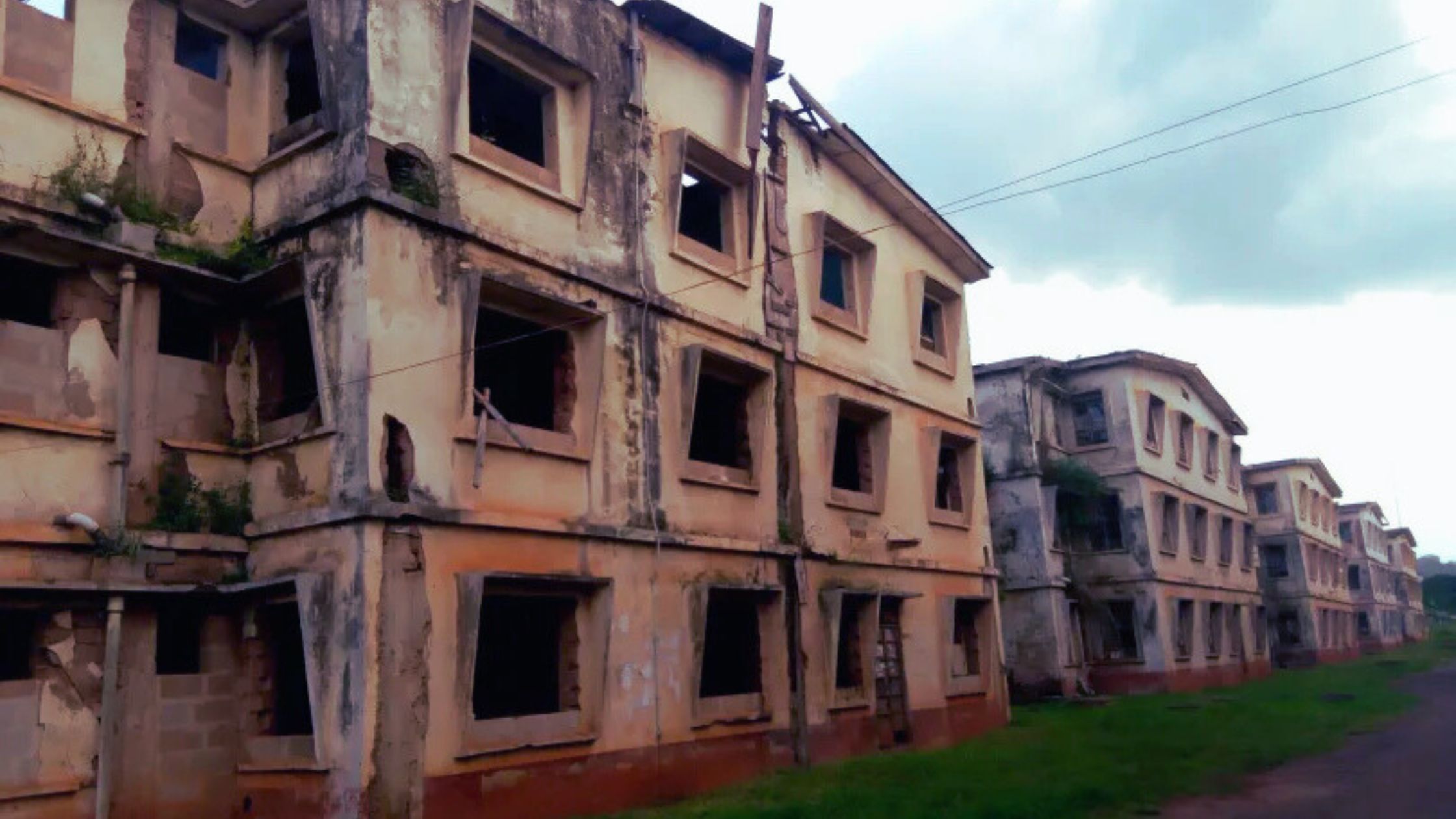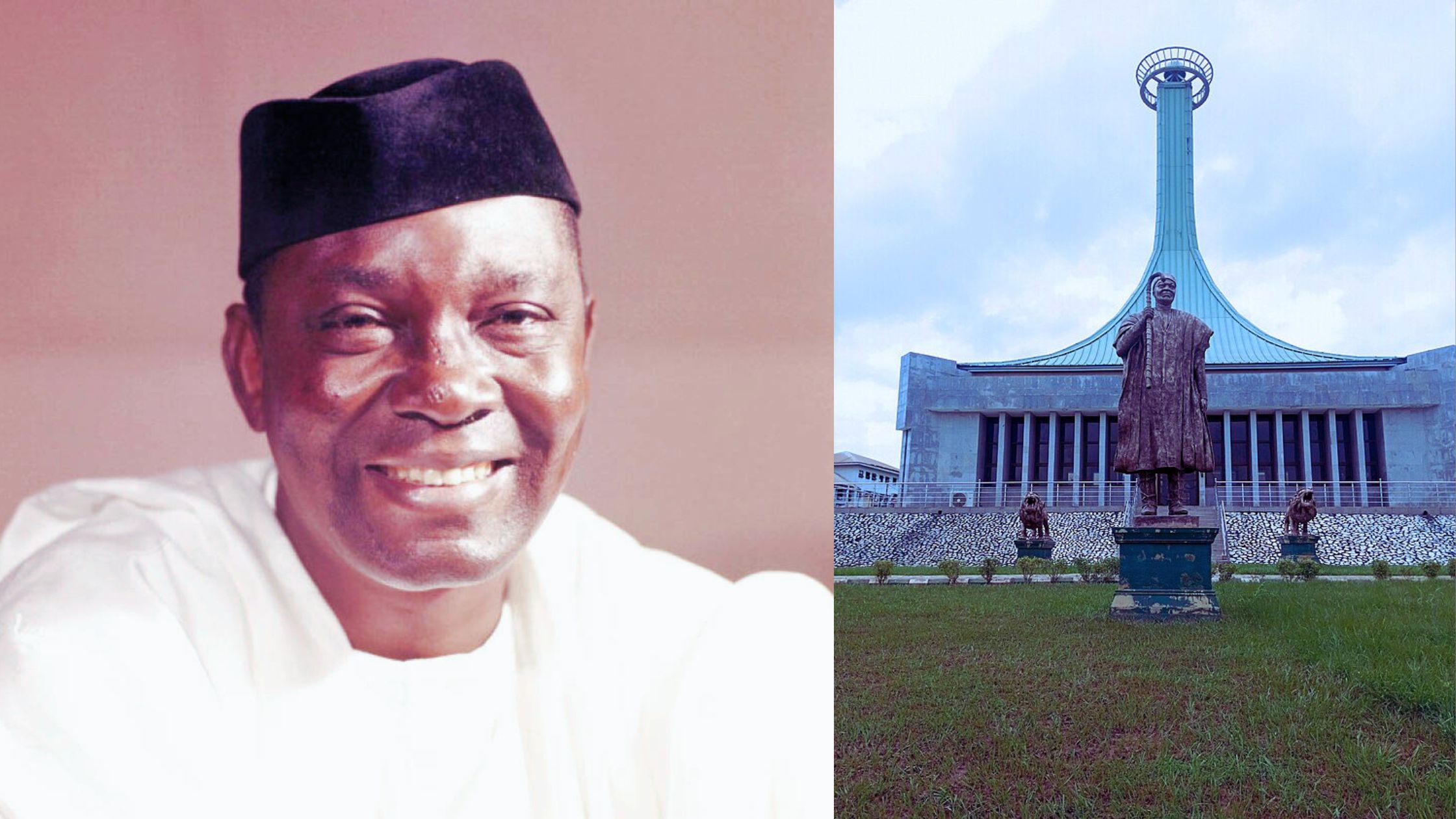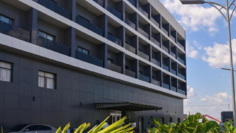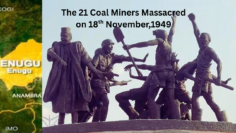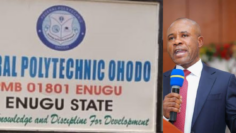
The History of Zik’s Flats and Dr. Nnamdi Azikiwe in Enugu
Enugu and its surroundings are rich in the story of one of Nigeria’s greatest sons, Dr. Nnamdi Azikiwe, better known as Zik. He was the Nigerian first President, His influence touched the land, the people, education, politics, and national consciousness. Central to his legacy in Enugu State are the famous Zik’s Flats at the University of Nigeria, Nsukka (UNN), and his former Premier’s Lodge in Enugu, which now serves as the Dr. Nnamdi Azikiwe Centre.
Who Was Nnamdi Azikiwe (Zik)?
Dr. Nnamdi Azikiwe was born in 1904 and is celebrated as Nigeria’s first President, serving from 1963 to 1966. He had previously led Nigeria as Governor-General after independence in 1960. As an anti-colonial advocate, intellectual, journalist (he founded the West African Pilot in 1937), and democrat, Azikiwe shaped Nigeria’s political and social identity
Azikiwe also championed education and infrastructure in Eastern Nigeria. He founded the University of Nigeria, Nsukka in 1955, Nigeria’s first indigenous and first autonomous university, modeled after U.S. land grant universities according to wikipedia
Zik’s Flats is A Gift to Students and Legacy to UNN
In the early 1980s, Zik built Zik’s Flats, a large student housing estate at UNN. It included multiple two story blocks and 12 bungalows that provided over 700 rooms and more than 3,000 bed spaces. It also had cafeterias, shops, parking areas, and open play spaces built to ease housing challenges as student numbers expanded. Before his death, Azikiwe formally handed over these flats to UNN at a token cost, as a social contribution to the university and its students.
The Decline of Zik’s Flats
Over time, lack of upkeep, management neglect, and inadequate maintenance turned the once-proud flats into abandoned, dangerous buildings. Locals reported broken windows, overgrown vegetation, nesting reptiles, and even illicit activities inside the complex. This decline became a public concern, especially to Emeritus Prof. Uche Azikiwe, Zik’s widow, and local communities.
In 2025, she and community groups called on UNN to restore or return the flats to the family. If UNN could not rehabilitate them, she offered to rebuild them using a public private partnership model (Build-Operate-Transfer). The local Nsukka groups supported this, urging UNN to act, noting the flats’ importance not just for housing but for preserving Zik’s legacy
Premier’s Lodge in Enugu: Zik’s Official Home and Tourist Landmark
While Zik’s Flats is in Nsukka, Dr. Azikiwe lived and worked for years at the Premier’s Lodge in Enugu when he served as the Premier of Eastern Region (1954 – 1960). The building reflects the colonial and early post-independence architecture and design.
Under Governor Ifeanyi Ugwuanyi, the old lodge was renovated and transformed into the Dr. Nnamdi Azikiwe Centre for Historical Monument of Great Zik. The restored building now showcases exhibits, personal items (such as glasses, letters, clothes), and memorabilia on Zik’s public life and Pan-African ideas.
The state aims for this centre to serve as a museum, educational facility, and heritage tourism site that honors Zik’s life and inspires younger generations .
Why Enugu and Nsukka?
- Birthplace of UNN and Nigerian Higher Education: As the founder of UNN, Zik placed major infrastructure and academic institutions in the Eastern Region, making Nsukka and Enugu important centers of learning and governance .
- Zik’s Personal Presence: Azikiwe’s public office and political work centered in Enugu when it was the seat of Eastern Nigeria, building institutions that served the region.
- Coal City and Grassroots Support: Enugu’s calm environment, accessible terrain, and welcoming attitude toward education and culture made it ideal for hosting historical projects like Zik’s Lodge and public exhibits.
The Philosophy That Inspired a Generation
Azikiwe’s political philosophy, called Zikism, inspired Nigerian nationalism. It held five key principles: spiritual balance, social regeneration, economic determinism, mental emancipation, and political resurgence. Zikism fueled activism during colonial rule and formed the core of the pro-independence movement and NCNC politics in the Eastern Region.
During colonial unrest, especially after the Iva Valley Massacre in 1949 where British police shot striking coal miners in Enugu, Zikists used the crisis to organize resistance and strengthen demands for independence.
Stadiums and Roads
Enugu City honors Zik through places like the Nnamdi Azikiwe Stadium, nicknamed The Cathedral, home to Enugu Rangers football club. The stadium was opened in 1959, later renovated for FIFA events, and symbolizes how his name continues to shape public space in Enugu.
Streets and avenues across Nigeria and even in other countries bear his name, Azik Avenue and Azikiwe Streets in many major cities, celebrating his legacy as a national leader and pioneer .
Current Challenges and Calls for Preservation
- Dilapidation of Zik’s Flats: The student hostels are in ruins. Stakeholders, including Zik’s widow, called on UNN and the state government to rehabilitate or return the flats for restoration through private partnership.
- Road Infrastructure: The road leading to Zik’s Onuiyi Haven residence in Nsukka has suffered from erosion and neglect, leading to isolation of the Zik residence area. This has impacted access and neighborly visits.
Preserving Memory, Inspiring Youth
Zik’s story is not just about buildings and namesakes, it’s about ideals, struggle, education, and leadership. His early life as a nationalist journalist and politician led to real institutions, like the West African Pilot and UNN, that shaped post-colonial Nigeria.
Renovating places like the Premier’s Lodge into the Azikiwe Centre helps tourists, students, and history lovers understand the journey of Nigerian independence, nation-building, and dedication to education.
Rebuilding Zik’s Flats would not only solve student housing but also honor Azikiwe’s generous social vision, and remind future leaders of the importance of sacrifice and legacy.
In Summary
- Dr. Nnamdi Azikiwe, known as Zik, was Nigeria’s first President and a leading nationalist.
- He founded UNN in Nsukka and donated Zik’s Flats, a student housing complex, as a social welfare project.
- Over decades, the flats fell into disrepair. Calls from Zik’s widow and Nsukka communities urge their restoration or transfer for rehabilitation.
- In Enugu, his Premier’s Lodge has become a public Azikiwe Centre, preserving his history and boosting tourism.
- Azikiwe’s political philosophy, Zikism inspired movements and contributed to Nigeria’s independence.
- Infrastructure like Nnamdi Azikiwe Stadium and roads bearing his name continue to keep his memory alive.
- Preserving these landmarks helps honor history, enrich education, and build national identity for future generations.
Zik wasn’t only a man of his era; he was a man ahead of his time. His investment in education and national consciousness remains visible in Enugu and Nsukka. As Enugu State restores his residence and UNN stakeholders aim to revive Zik’s Flats, Azikiwe’s vision continues to speak to the heart of Nigeria, telling us that building institutions is the greatest legacy one can leave behind.



